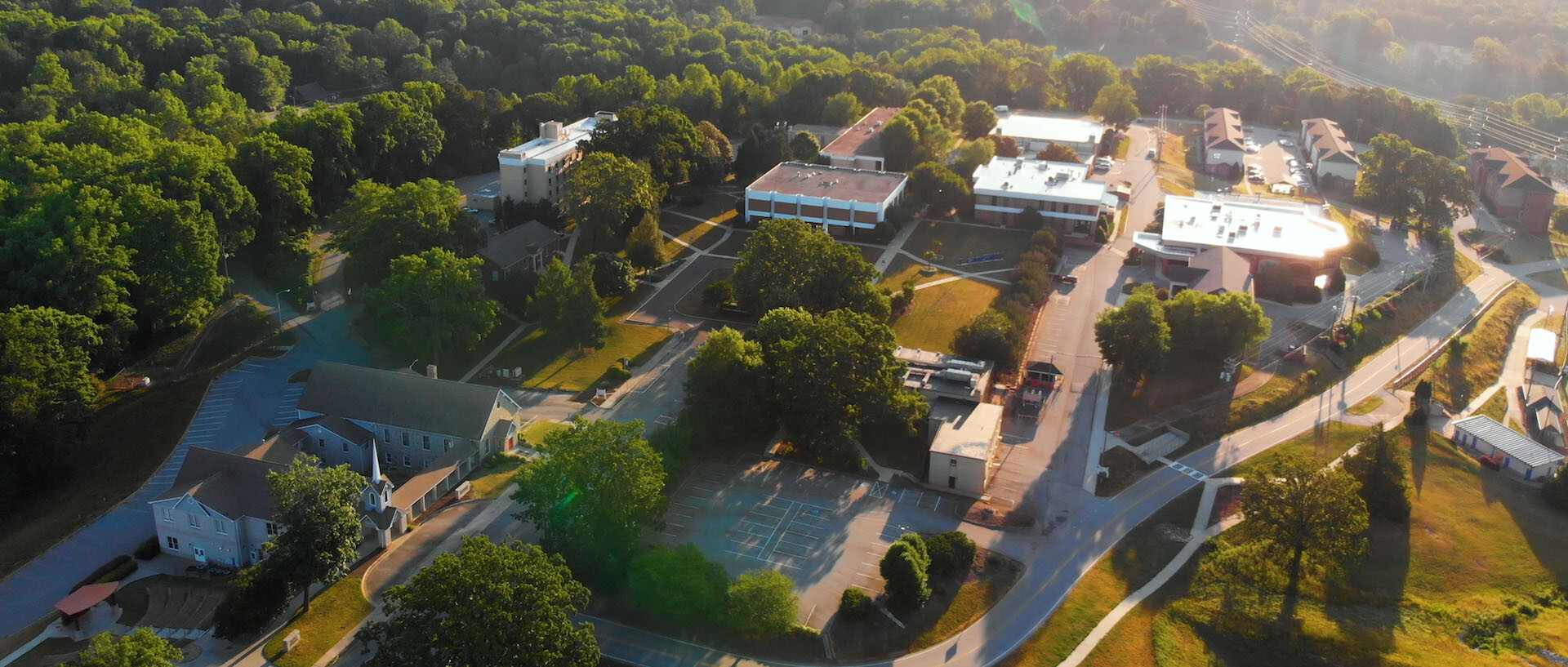
Quality Enhancement Plan
“Transference of Writing”: An Overview (2020-2025)
In 2020, Southern Wesleyan University launched its Quality Enhancement Plan (QEP) "Transference of Writing: Transferring Writing Across the Curriculum." This project aimed to improve student writing by combining intentional writing instruction with multiple opportunities for undergraduate students to practice writing across the curriculum. The university submitted a QEP Impact Report to SACSCOC in Spring 2025 and received positive feedback regarding its implementation of the project. For questions regarding SWU’s QEP, please contact the Office of Institutional Effectiveness via email.
SWU is currently in the process of developing a new QEP, the launch of which will coincide with the university's next accreditation review.